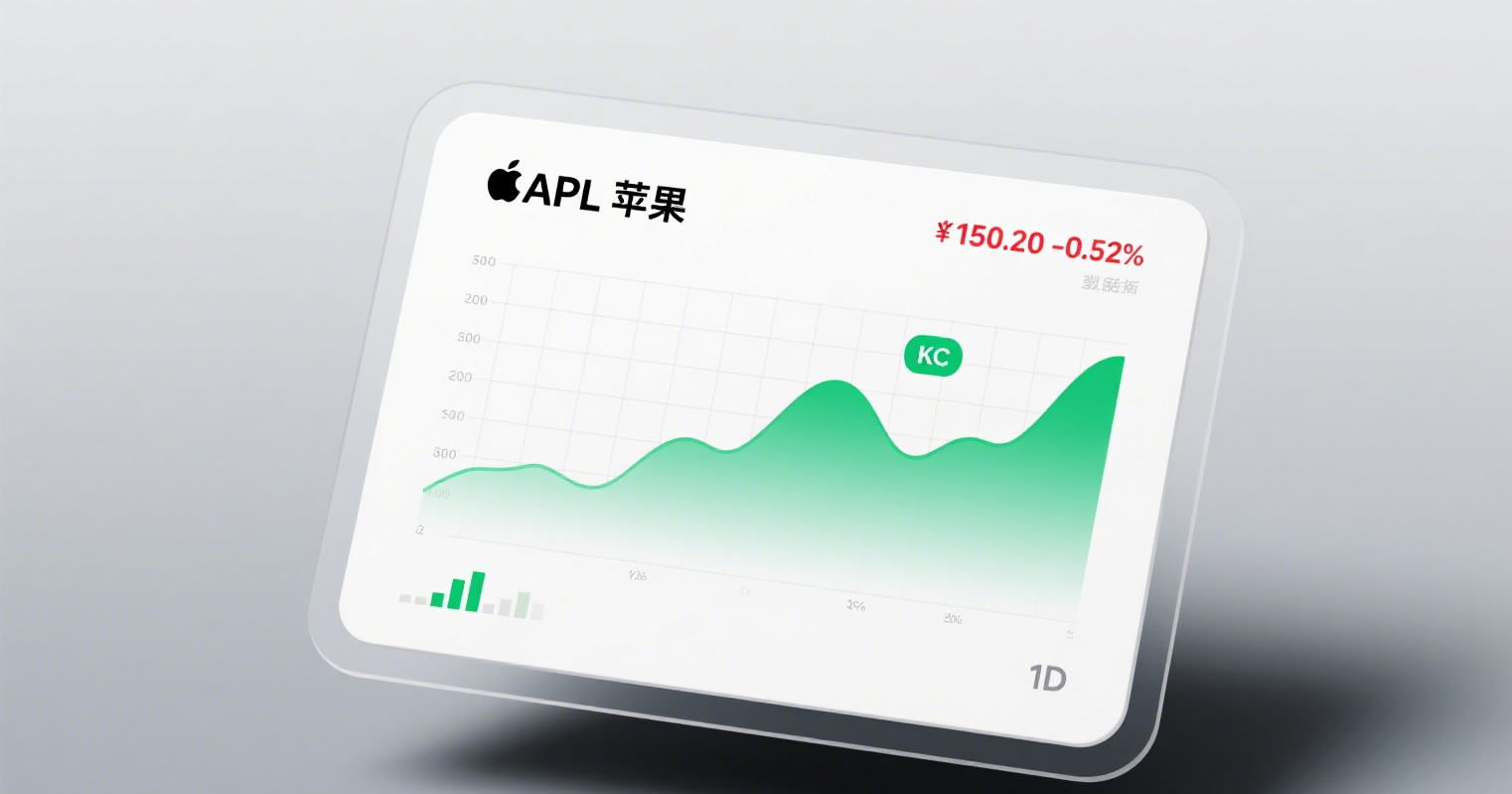
Increased Investment in China with "Dual-Path Strategy" Becoming Mainstream
In China's rapidly evolving market of electrification and smart technologies, many global automakers are expanding their investments, positioning China as an "export hub" or a base for EV technology development.
Among German automakers, Volkswagen Group is accelerating its "In China, For China" localization strategy. Under a recently upgraded technology partnership with FAW, Volkswagen plans to launch over 11 new models for the Chinese market starting in 2026, alongside introducing new EV platforms like CMP and electronic architecture CEA to speed up its smart EV transition.
Volkswagen Group China will debut models including the Audi E5 Sportback, Q6L e-tron (BEV), and Audi A5L/A5L Sportback (ICE) in late 2025, with plans for 20+ smart connected vehicles across multiple powertrains by 2026. By 2027, its NEV lineup will expand to ~30 models, reaching ~50 by 2030 (including 30 BEVs).
In July, BMW China partnered with Momenta to develop China-specific smart driving solutions for models like its localized "Neue Klasse," covering highways and urban roads. This follows BMW's existing collaborations with Chinese tech giants on intelligent systems.
Japanese automakers are also ramping up efforts. In April, Toyota's Lexus established its first overseas BEV and battery R&D/manufacturing base in Shanghai's Jinshan District. As Toyota's premium brand, Lexus spearheads its electrification push while adopting dual-track localization strategies, including appointing Chinese engineers as Regional Chief Engineers (RCE) during the Shanghai Auto Show.
Notably, despite NEVs surpassing 50% market penetration, global players like GM, Mercedes-Benz, and Toyota have recalibrated strategies toward "dual-path" (ICE + NEV) approaches. Practical business realities drive this: VW Group's 2024 China profits hit €1.7 billion (~¥13.4 billion) with 2.9 million deliveries (6.9% NEVs), underscoring ICE's ongoing profit dominance.
Wu Yingkai, VP of FAW-Volkswagen, emphasized: "Competition has shifted from price wars to smart tech. We’ll advance both ICE and NEVs." He noted China’s ICE market will sustain ~10 million annual sales, remaining a critical focus alongside electrification.
Zhang Yongwei, Vice Chairman of China EV100, highlighted Chinese automakers’ diversified global expansion—from exports to localized production, JVs, and ecosystem partnerships. For global OEMs in China, he urged redefining strategies from "In China, For China" to "In China, For the World," leveraging local tech/supply chains to accelerate global innovation cycles.
















